|
This week's Modern Language Association (MLA) convention, to be held online January 7-11, will, as usual, feature panels and papers related to comics studies and to children's literature and culture studies. It's a giant conference, with comics and children's culture scholars making up only a small (though vital!) part of the proceedings. I'll miss attending it in person this year, as Mich and I did last year in Seattle, but it's good to see that the MLA has arranged a big, ambitious virtual alternative! On New Year's Day, my colleague Phil Nel posted his annual blog entry listing all of this year's MLA programming related to comics, children's texts, and childhood studies. The list is a great resource, a kind of navigational aid to accompany the MLA's enormous program; check it out: https://philnel.com/2021/01/01/mla2021/ There's a wealth of very promising work on offer this year. So many names leap out at me (such as Brigitte Fielder, Margaret Galvan, Rachel Kunert-Graf, Rachel Miller, Anna Peppard, Alex Ponomareff, Jan Susina, Gwen Athene Tarbox, Erin Williams, and Daniel Worden), and I'm sure there will be informative and inspiring work by many scholars whose work I haven't gotten to know yet! I'm particularly excited about Comics and Graphic Narratives for Young Audiences, a special panel on Saturday, Jan. 9, co-sponsored by the Forum on Comics and Graphic Narratives and the Forum on Children's and Young Adult Literature, to be chaired by Phil and our colleague, Aaron Kashtan. It's always exciting to see those two communities working together! As I said in my previous post, these are exciting times in comics studies! PS. Thanks, as ever, to Phil Nel for the info and inspiration!
0 Comments
Despite the ravages of COVID, I feel optimistic about my field, comics studies, and glad to be part of it. Important, eye-opening research continues apace, and my understanding of the field keeps getting bigger (which is to say that I keep getting challenged, in invigorating ways). The scholarly institutions I’ve been part of are doing what they can to bring communities together in spite of the pandemic. Academic conferences, independent comics festivals, and large-scale comic-cons have offered virtual programming this past year, so that life and study at home don’t seem quite so lonesome. I’m particularly happy to see the International Comic Art Forum’s slate of monthly virtual events, still ongoing, and the call for next summer’s Comics Studies Society conference. On a personal note, this year saw, at last, the publication of a long-term project of mine, Comics Studies: A Guidebook, a classroom-ready anthology co-edited with Bart Beaty (and published by Rutgers University Press). Bringing this book into the world took many years, but I'm proud of the results: essays by twenty scholars on the history, form, genres, production, and reception of Anglophone comics. These essays succinctly explain fundamental issues in the comics studies field, crystallizing complex questions, if I may say so, in ways that no book has done before, and often with real conceptual originality. I thank our contributors for their steadfastness, patience, and brilliant writing; the life of the Guidebook is in their essays. If you're a student or teacher of comics, I hope you'll check our Guidebook out. Again speaking personally, I had the pleasure to contribute to another comics studies volume this year, Kim Munson's Comic Art in Museums (published by the University Press of Mississippi), a groundbreaking collection focusing on the exhibition of comics in museums and galleries. If you want to know more about how comics came to be exhibited and recognized in the art world, then this book can give you a grounding. The history that Munson and her contributors lay out is longer and more complex than you might expect. (I am honored to have two pieces in the book, and to have curated the 2015 Jack Kirby exhibition that is the focus of several pieces.) What follows is a handful of comics studies books that I'm currently reading, books that I find particularly exciting at this moment. This is not meant to be a best-of for 2020, since, goodness knows, I've had trouble keeping up academically during the long lockdown (and there are new books that I haven't had a chance to dive into yet, such as Anna Peppard and company's Supersex: Sexuality, Fantasy, and the Superhero, or Frederick Luis Aldama et al.'s massive Oxford Handbook of Comic Book Studies). These are just a few of the books that recently struck me as expanding the boundaries of the field: Sean Kleefeld, Webcomics (Bloomsbury). Eszter Szép, Comics and the Body: Drawing, Reading, and Vulnerability (The Ohio State University Press). Disclosure: I co-edit, along with Jared Gardner, Rebecca Wanzo, and acquiring editor Ana Jimenez-Moreno, the OSUP's Studies in Comics and Cartoons series, which published Szép's book.) Gwen Athene Tarbox, Children's and Young Adult Comics (Bloomsbury). Rebecca Wanzo, The Content of Our Caricature: African American Comic Art and Political Belonging (NYU Press). Paul Williams, Dreaming the Graphic Novel: The Novelization of Comics (Rutgers UP).
This week my wife Mich and I are bound for the Modern Language Association (MLA) convention in Seattle, an outsize academic gathering that's been going on yearly in various cities since, oh, 1883. It's a professional whirlwind and a bit of a madhouse: the kind of event that requires making plans well in advance (even social plans take effort: you can hardly have lunch or coffee with a colleague without making arrangements way ahead of time). After all, the MLA is one of the largest, oldest, and best-known organizations in the profession, and now boasts some 25,000 members in a hundred countries. Why are we going? Well, I have two presentations to give. Both concern comics. Information below! Professionally, I'm most interested in the MLA's Forum for Comics and Graphic Narratives, a group founded by Hillary Chute in 2009 that has sponsored panels and other events annually since 2011 (I served on the forum's inaugural executive committee between 2010 and 2014). This is one of the more than 150 forums (organized by discipline, subject matter, period, and theory) that make up the MLA. I'm also invested in the MLA's Forum for Children's and Young Adult Literature, a long-lived community that I first experienced back in 1997 that has played a vital role in children's literature and childhood studies (and that has included many colleagues and friends of mine). This year the Forum for Comics and Graphic Narratives (whose current executive committee includes my colleagues Lan Dong, Margaret Galvan, Aaron Kashtan, Susan Kirtley, and Leah Misemer) is sponsoring two panels, one of which I am lucky enough to take part in: 325. Webcomics and/as Digital Culture 1:45-3:00pm, Friday, Jan. 10, 2020, Sheraton Grand Seattle, Willow A 1: Webcomics in India: Dissenting Voices at the Time of Hypernationalism Debanjana Nayek, Presidency U 2: Player versus Player? Redefining Gamer Identity through Thirty Years of Webcomics Anastasia Salter, U of Central Florida 3: Stonetossingjuice: Iterability, the Alt-Right, and the Webcomics of Online Culture War Bren Ram, Rice U 4: Connecting Queerly: Queer Webcomics and the Alternate Archive Misha Grifka-Wander, Ohio State U, Columbus Presider: Leah Misemer, U of Wisconsin, Madison 587. A Decade in Comics 3:30–4:45pm, Saturday, Jan. 11, 2020, Sheraton Grand Seattle, Willow A Description: On the tenth anniversary of panels sponsored by the MLA Forum for Comics and Graphic Narratives, established and emerging scholars reflect on the history, the present, and the future of the field of comics studies.
In addition, on Saturday evening, Jan. 11, starting at 7pm, the Comics and Graphic Narratives forum will be sponsoring an outside social event at the Fantagraphics Bookstore & Gallery, a hub of Seattle's independent comics culture, located in the Georgetown neighborhood (1201 S Vale St., Seattle, WA 98108). The event will include a signing by cartoonist Natalie Dupille, and refreshments will be served. Not to be missed if you're a comics lover anywhere near Seattle that Saturday night! Besides all this, I have the good fortune to be presenting in a special session outside of the Comics and Graphic Narratives forum: 500. Humanities in Five 12:00–1:15pm, Saturday, Jan. 11, 2020, Washington State Convention Center, 4C-4 Description: Scholars from different fields present their research in five minutes, aiming to do justice to the complexity of the research and at the same time to make its significance clear to a nonspecialist audience.
(I'll be calling my talk "Making Reading Strange Again, or, Thinking about Comics Literacy.") KinderComics readers may wish to know about all the work on this year's MLA program that relates to comics, children's literature, and/or childhood studies, not just within specific forums but across the convention as a whole. To that end, I recommend both the helpful list of comics-related presentations at the Comics and Graphic Narrative forum's website and the annual list of all children's literature, childhood studies, and comics-related activity at my colleague Philip Nel's website (compiled by Ramona Caponegro, Phil's colleague in the Children's and YA Literature forum). Since the MLA is a vast organization that does not usually publicize its proceedings outside of academia, it takes some sleuthing to find out what's going on within, but it's worth the effort! If you're interested in how comics studies have been received within this particular corner of academia, consider that, since its founding, the MLA Forum for Comics and Graphic Narratives has sponsored some twenty-five panels (not including this year's) and collaborated with various other MLA forums: Children's Literature; Age Studies; Autobiography, Biography, and Life Writing; Literature and Other Arts; European Literary Relations; 20th- and 21st-Century Comparative Literary and Cultural Studies; Speculative Fiction; Global Arab and Arab American Comparative Literary and Cultural Studies; and Medical Humanities and Health Studies. During that same period, the amount of comics studies activity at the MLA convention has varied, with somewhere between two and ten comics-focused panels occurring outside of the forum (in some cases sponsored by other forums, and in some cases organized as independent special panels outside of any forum). By my count, this year there will be five comics studies panels outside the Comics and Graphic Narratives forum. (Peak years of comics-themed activity outside the forum have included Seattle in 2012, with ten outside panels, Philadelphia in 2017, with seven, NYC in 2018, with six, and Chicago in 2019, with eight.) To put all this in perspective, this year's total MLA program includes almost 800 official events. It's huge. During this century, the convention has drawn, on average, some 7000 attendees or more, although the numbers have dipped in the past handful of years (peak attendance, circa 1992 to 2002, sometimes hit 10,000 to 12,000; last year's reportedly dipped below 5,000). This year, more than 3000 people are listed as officially participating in the convention program (and there will probably be many attendees not on the program). Within that context, comics studies may seem like a small thing, but in truth the MLA's Comics and Graphic Narratives forum has been an important beachhead for comics scholarship, as well as the first venue or launch point for a great deal of subsequently published research.
|
Archives
June 2024
|

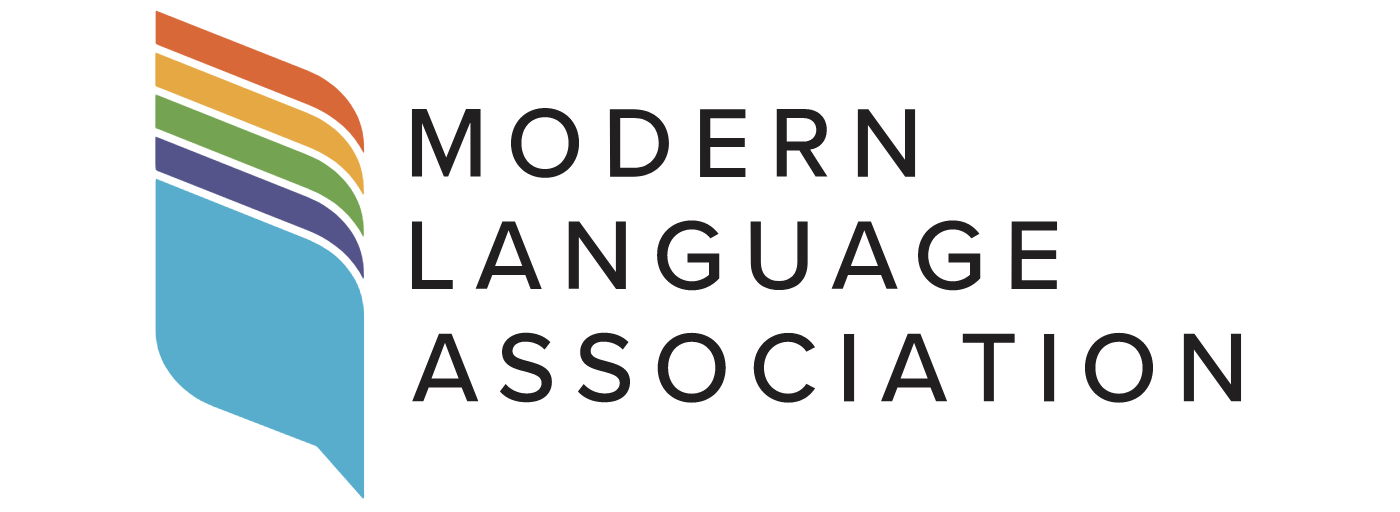
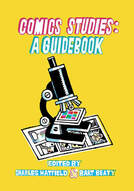
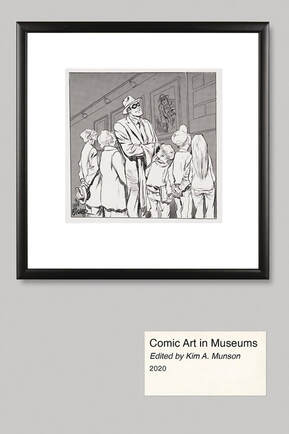
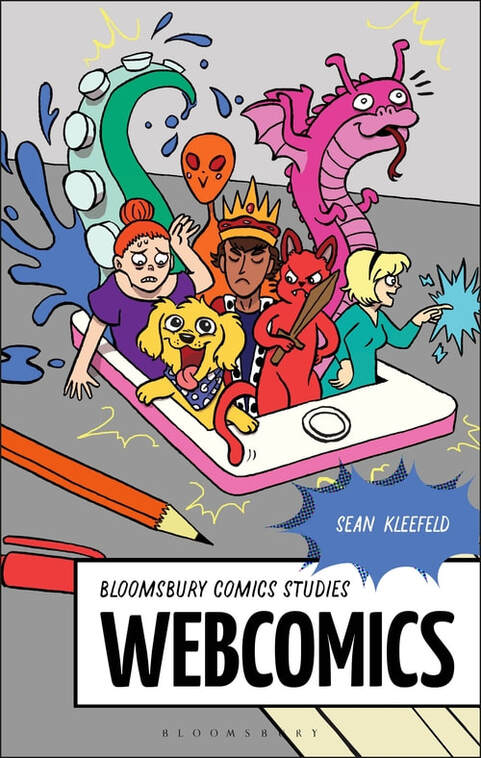
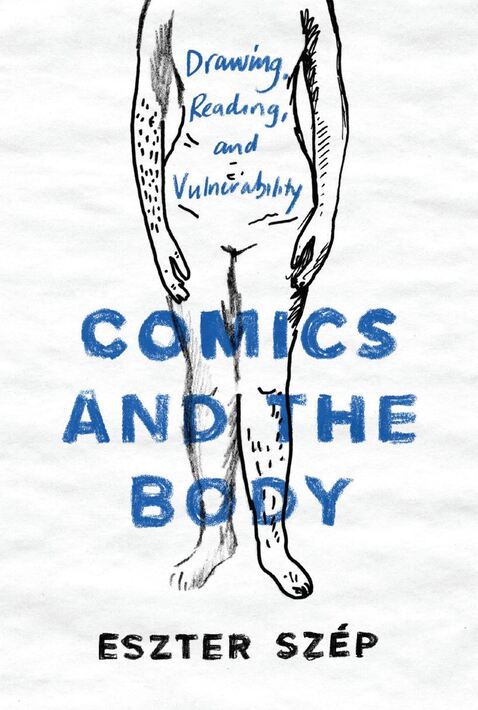
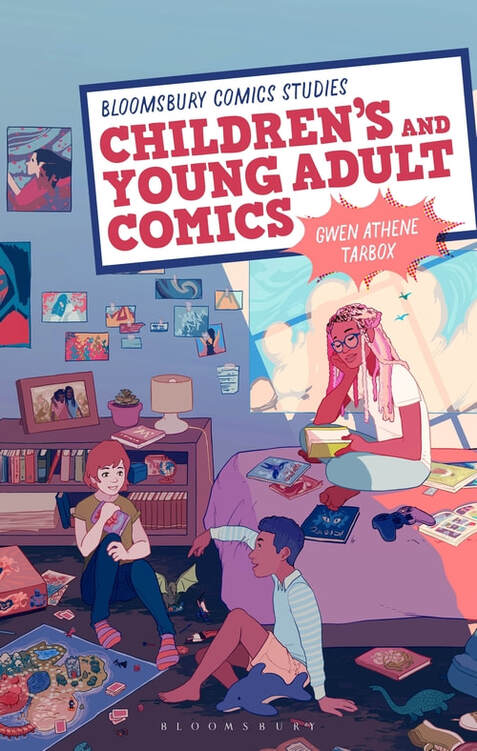
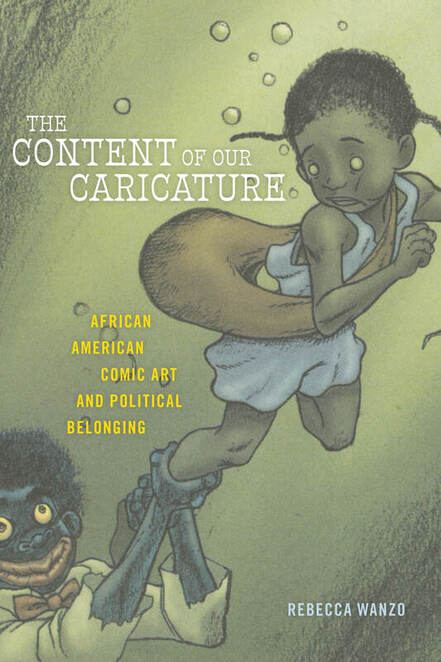
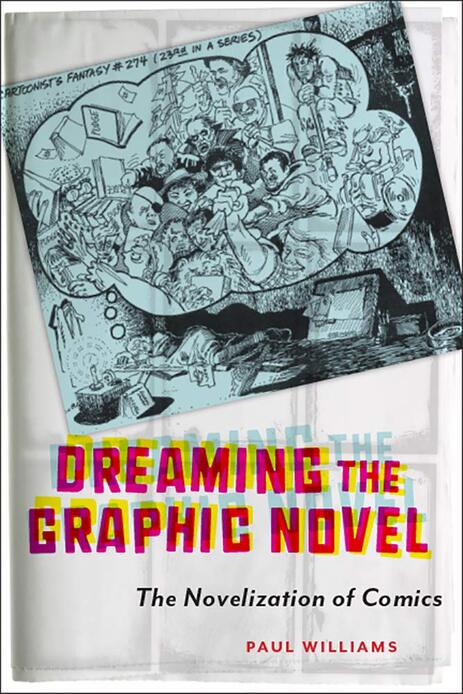

 RSS Feed
RSS Feed
